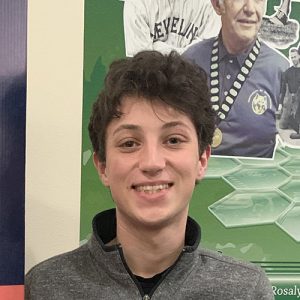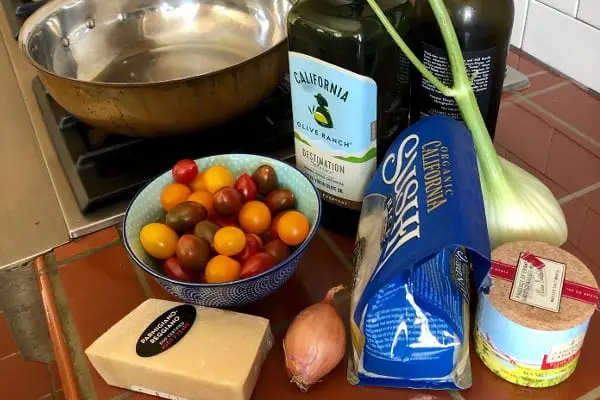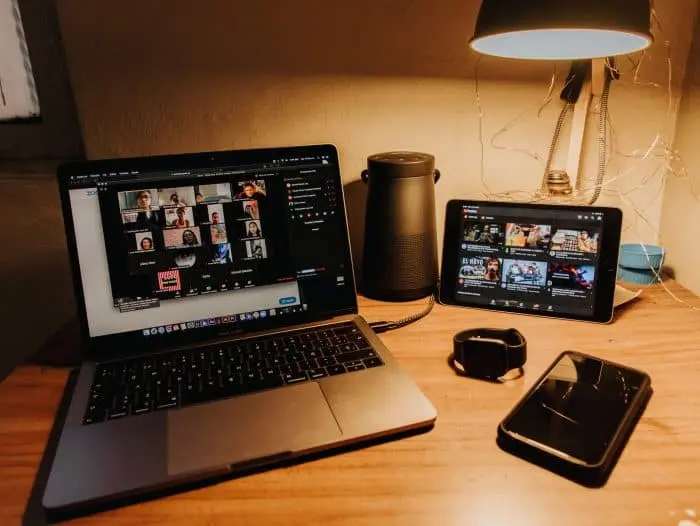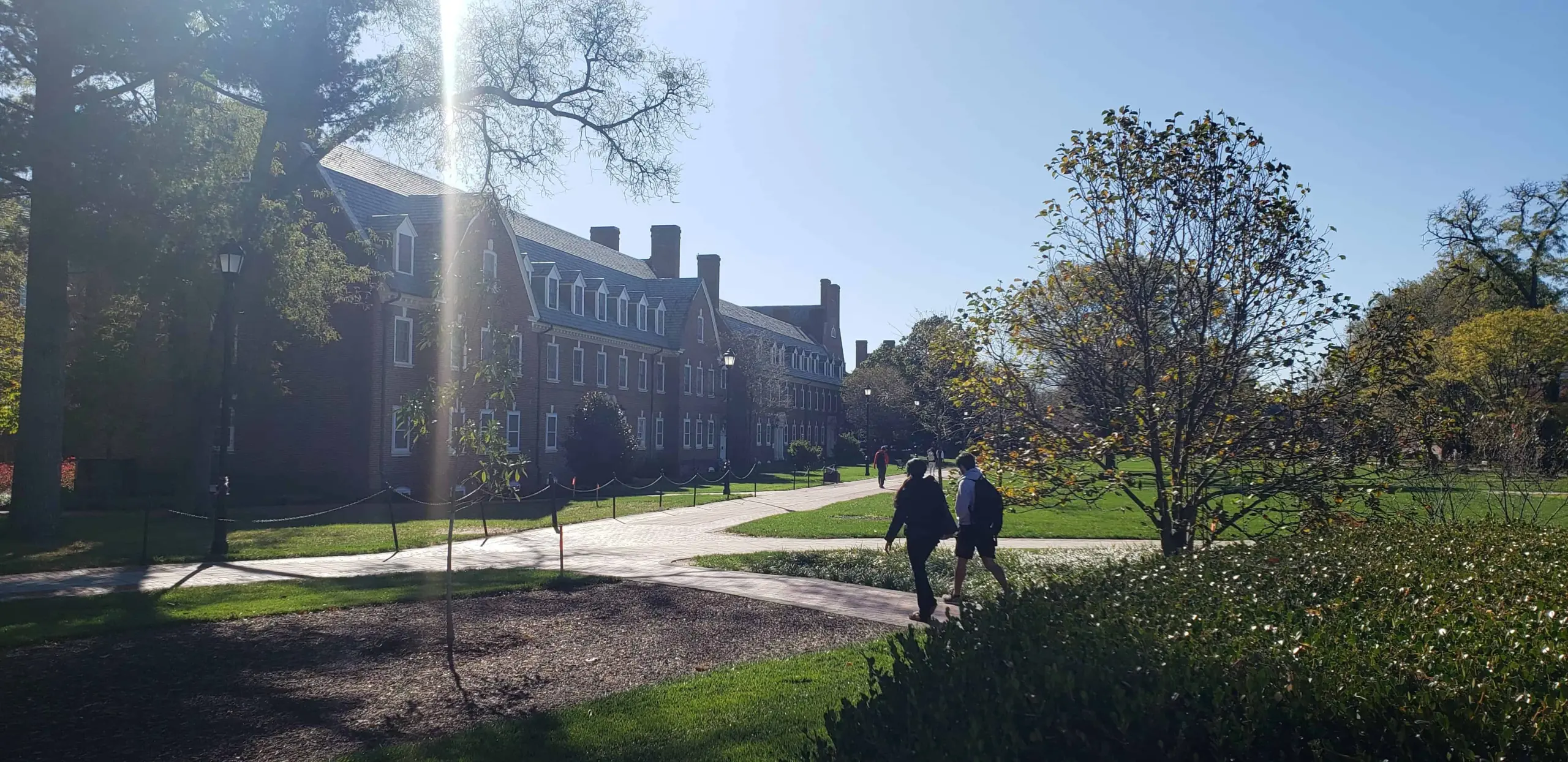This Q&A is part of Local Heroes: Journalists Covering COVID-19, PEN America’s series spotlighting local journalists across the country in celebration of World Press Freedom Day 2020, elevating the importance of a free, vibrant, and inclusive press.
Name: Jake Goldstein-Street
Outlet: The Daily at the University of Washington
City: Seattle, WA
 There is rampant disinformation and misinformation about COVID-19 circulating in our local and national media outlets. How has your newsroom responded to disinformation? In what ways have you had to directly combat disinformation in your reporting? What are the biggest misperceptions you have had to counter?
There is rampant disinformation and misinformation about COVID-19 circulating in our local and national media outlets. How has your newsroom responded to disinformation? In what ways have you had to directly combat disinformation in your reporting? What are the biggest misperceptions you have had to counter?
As a newsroom, we’ve spent hours upon hours monitoring social media (Reddit, Twitter, Facebook, etc.) where students talk about how the novel coronavirus is affecting them. There’s rampant misinformation on these platforms, so basically we see our duty as synthesizing everything we see on there and trying to confirm what we deem as important to the campus community. The idea is that if you see something outlandish on the UW subreddit or somewhere else, and we haven’t had reporting to back it up within two or three days, you can probably assume it isn’t quite what it seems. The University of Washington also has a huge hospital system working on the front line of COVID-19, so we’ve talked to dozens of researchers at our university to try to fully understand the virus since the earliest days in January. We were writing about the efficacy of masks in February, for example, and we’ve been able to dispel a lot of rumors by talking to them and reporting their vital knowledge.
How have the advent of the COVID-19 outbreak and social distancing requirements changed your reporting and the way your newsroom operates more broadly?
Normally, The Daily prints a physical paper distributed across campus every Monday during the school year and then sends a newsletter to the entire campus community on Thursdays. Now, with the extraordinary circumstances surrounding COVID-19, we’ve had to temporarily shut down our print operation and move entirely online, with two newsletters each week. And like many newsrooms across the country, we’re operating entirely remotely, with a couple of Zoom calls among editors to check in on coverage and broader projects, like a major multimedia undertaking we just released for the 50th anniversary of Earth Day. This has made collaborating a bit harder and has weakened the sort of kinetic energy of the newsroom that can be so motivating and enjoyable. I think it’s safe to say it’s been more business-like. Photos have also been more difficult to get given social distancing requirements, so we’ve been pulling a lot more from our library of photo files, but I think that’s a relatively minor shift we’ve had to make in terms of how it affects our content.
“Some of our best stories these past couple of months have been based on input from readers, so if you have things you think reporters should be covering, please let them know, and they will really appreciate it. In the end, the best stories are the ones you know readers are interested in but go underreported by other outlets.”
What books, poems, podcasts, or other creative media have you been turning to for comfort or inspiration?
I’ve found it really hard to do any reading during the quarantine period, maybe just because it’s hard to focus on any one thing when there is so much going on in the world around me. For that reason, I’ve really turned to podcasts because I can listen to them while I’m doing other stuff and can learn at the same time. I’ve filled the void left by the lack of sports by listening to a lot of basketball podcasts from The Ringer, including an extended, more journalistic series on the departure of my beloved Seattle SuperSonics. Lastly, this is not a unique opinion, but Fiona Apple’s new album “Fetch The Bolt Cutters” is just splendid and is unlike anything I’ve ever heard before. It makes me want to be more creative and try to do things in my life that people see as new and pushes the conversation forward.
What can your readers do to support their local journalists, besides subscribing?
We’ve worked really hard to mobilize our readers for tips and story ideas since late February, so I’d say that’s the best way to be supportive, outside of simple monetary contributions (which are obviously very much appreciated). Some of our best stories these past couple of months have been based on input from readers, so if you have things you think reporters should be covering, please let them know, and they will really appreciate it. In the end, the best stories are the ones you know readers are interested in but go underreported by other outlets. That really gives student journalists an opportunity to separate themselves from the pack.
About Jake Goldstein-Street
Jake Goldstein-Street is the news editor at The Daily, the University of Washington’s student newspaper, and a junior studying journalism and political science. He took this job in January and was thrust into coronavirus coverage within a few weeks.











